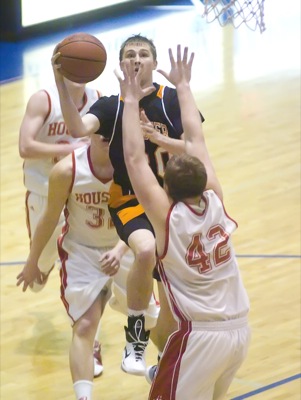Wednesday, March 16th, 2011
Landowners settle cases out of court
State agrees to pay undisclosed amounts for damages caused by spillway flood
By Nancy Allen
GRAND LAKE - Two landowners suing the state over flood damage to their farmland caused by Grand Lake's West Bank spillway have settled their cases for undisclosed amounts.
The action canceled trials that had been set this month and next for Magda Post, widow of Leo Post, and Emily Minch, widow of Jack Minch. Leo Post and Jack Minch are two of five farmers who filed the lawsuit against the state in 2001.
"The landowners were offered settlements and after brief negotiations, both sides reached an agreeable amount," their attorney, Bruce Ingram of Columbus law firm Vorys, Sater, Seymour and Pease, said Tuesday.
Ingram said the State Controlling Board must approve the settlements, which he expects to happen in the next few weeks.
Jury trials for two other farm couples, Terry and Theresa Linn and Richard and Trish Baucher, were held in recent months in Mercer County Common Pleas Court. In both trials, juries found in favor of the couples, awarding the Linns $1.038 million and the Bauchers $240,873.
The payments were in addition to state payments of $219,892 to the Linns, and $82,499 to the Bauchers. The state also paid Minch $180,954 and Post 332,934.
The farmers were awarded more money through jury trials or the recent settlements after they appealed their initial compensation amounts, saying the state calculated the figures much lower than land values.
A jury trial for the fifth landowner, Stephen (Virginia) Zumberge, is scheduled in May, Ingram said. The Zumberges were awarded $213,938 by the state in December 2008.
All five farmers have cropland along Beaver Creek and/or the Wabash River, which receives overflow from Grand Lake via the spillway.
The farmers won the lawsuit in 2005, with the judge agreeing that their land floods more regularly and to a greater extent because the state's 500-foot-long concrete spillway, built in 1997, discharges a larger amount of water at a faster rate than the former, 39-foot-long spillway built in 1913. The farmers also won the state's appeal of the case in December 2006.


